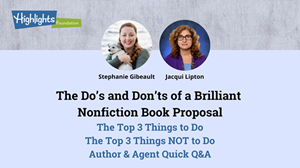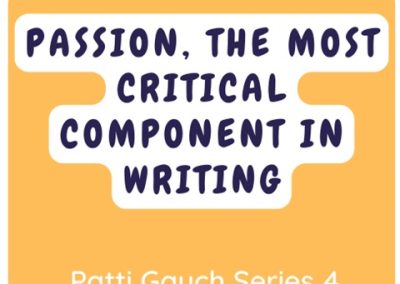We asked the faculty of our Start Now: Plotting Your Novel course (Sona Chairaipotra, Danta Medema and Trisha Tobias) to share some strategies that they use to help them set goals and build a roadmap for finishing novels.
What’s your go-to strategy to stay accountable in order to meet your own writing goals?
Sona : Telling other people about my goals—and asking them to hold me accountable. My husband (also a writer!) actually offered me the best trick. We have a shared google doc, and on writing days, I’m supposed to post 50 words by a certain time, so he knows I’m working. For me, getting started is the hardest part, but 50 words is nothing, just a paragraph—so not intimidating. And once you’ve gotten 50, it’s easier to get moving on more.
Dante: I use a daily planner to map out the time that I’m going to carve to do each specific thing. Then I keep that planner open to my week so that I’m constantly reminded of the things I’m doing and the goals that I have. I’m also a big fan of goal charts.
Trisha: A combination of outside accountability, personal deadlines, and a pacemaker.press plan that tells me exactly what I need to get done on any given day to ensure I finish my work on time!
What would you tell your past self about finding a balance between writing time, and writing-as-a-business time?
Trisha: I’d tell myself that balance is an illusion, and trying to aim for balance is a form of perfectionism. Some seasons of life are about writing-as-work. Other seasons are about writing-as-soulwork. Both are important, and both are probably not happening simultaneously. And that’s okay. Don’t fight it. Plan for it.
Sona: It’s like anything else important to you: you have to set goals, and make the time, rather than find it. Writing is definitely about craft, but treating your writing as a business means you will have to hold yourself accountable, and sometimes that motivation really helps because you take it seriously. That said, having a project that’s just fun can be critical, to take the pressure off and remind you how to play.
Dante: I would tell myself to respect my writing time the same way someone respects their work hours. They’re non-negotiable.
What do you think is one of the most important/valuable reasons set goals and map out your goals/strategies for a new novel project?
Dante: For me, going back and rewriting something that could have been figured out in an outline feels like a huge waste of time. That, and with four kids, I have times where I need to step away from what I’m writing for a bit, and an outline ensures that I have a map to where I was trying to go with what I was working on.
Trisha: Time is a limited resource, and having goals and plans allows us to make the most of that time. When you know your desired end result and how you’re going to get there, the likelihood that you’ll successfully reach your goal rises significantly. And you deserve to finish what you start and complete the things that matter to you.
Sona: I have to have the roadmap, otherwise I’ll get lost and simply abandon the trip, so to speak. I have learned this about myself and my process. Solve the plot puzzle first, so I know the story has legs and I can see the path, then leave room to tinker and play along the way. An itinerary of sorts, but not set in stone.











